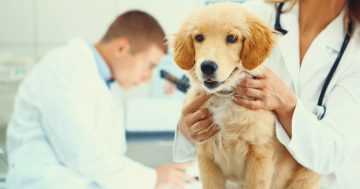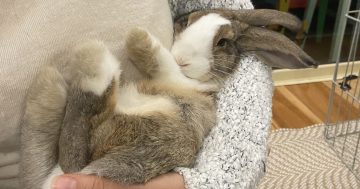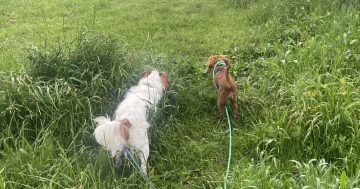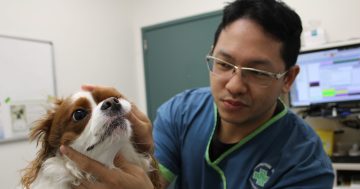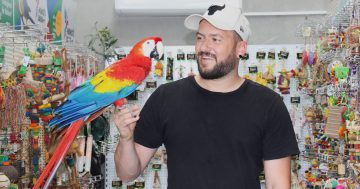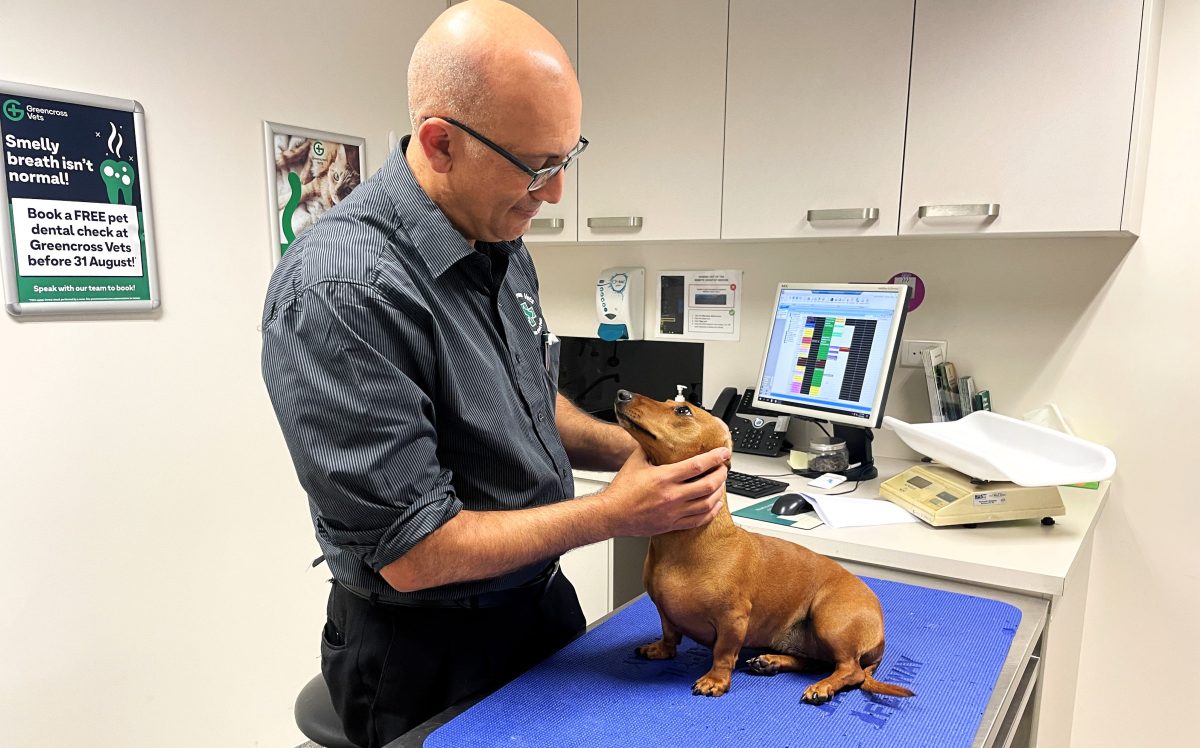
Dr Kevin Calleja urges people to act quickly if their pet is unwell. Photos: Keeli Royle.
A disease that can be potentially fatal to our beloved pets has been detected in the Illawarra as local veterinary clinics continue to struggle with vaccine supply.
Greencross Fairy Meadow vet director Dr Kevin Calleja said sporadic cases of leptospirosis have been reported among dogs in the region, with parts of the Shoalhaven considered hotspot areas.
“Leptospirosis is a bacteria that’s transmitted predominantly in the urine of rats and mice. Animals can come into contact with that urine either by ingesting it or through a cut, and that’s how it infects them,” Dr Calleja said.
“It’s a pretty devastating disease, death rates are anywhere from 70 to 90 per cent.”
Due to the widespread reach of rats and mice, the disease is difficult to contain and although there is a vaccine, it’s been hard to come by.
“There’s really only one manufacturer in the world and they had an issue with their production system,” Dr Calleja said. “They supply everyone so there was a delay and we’ve not had it in for well over a year.”
Now limited supply is slowly becoming available again, with hopes it will be fully replenished later this year.
“We’ve got supply but we have to ration that supply,” Dr Calleja said. “We’re using it for patients that are due for vaccine and also animals in high-risk situations.”
Pets that haven’t received the vaccine before require two initial doses and due to supply limitations, many are being put to the back of the line.
For those that just need a top-up, there is some hope even if you’ve not been able to access the vaccine just yet.
“The good thing is there’s a six-month window between when you’re due for your vaccine and when it runs out so basically, certainly any dogs that were due this year are still protected,” Dr Calleja said.
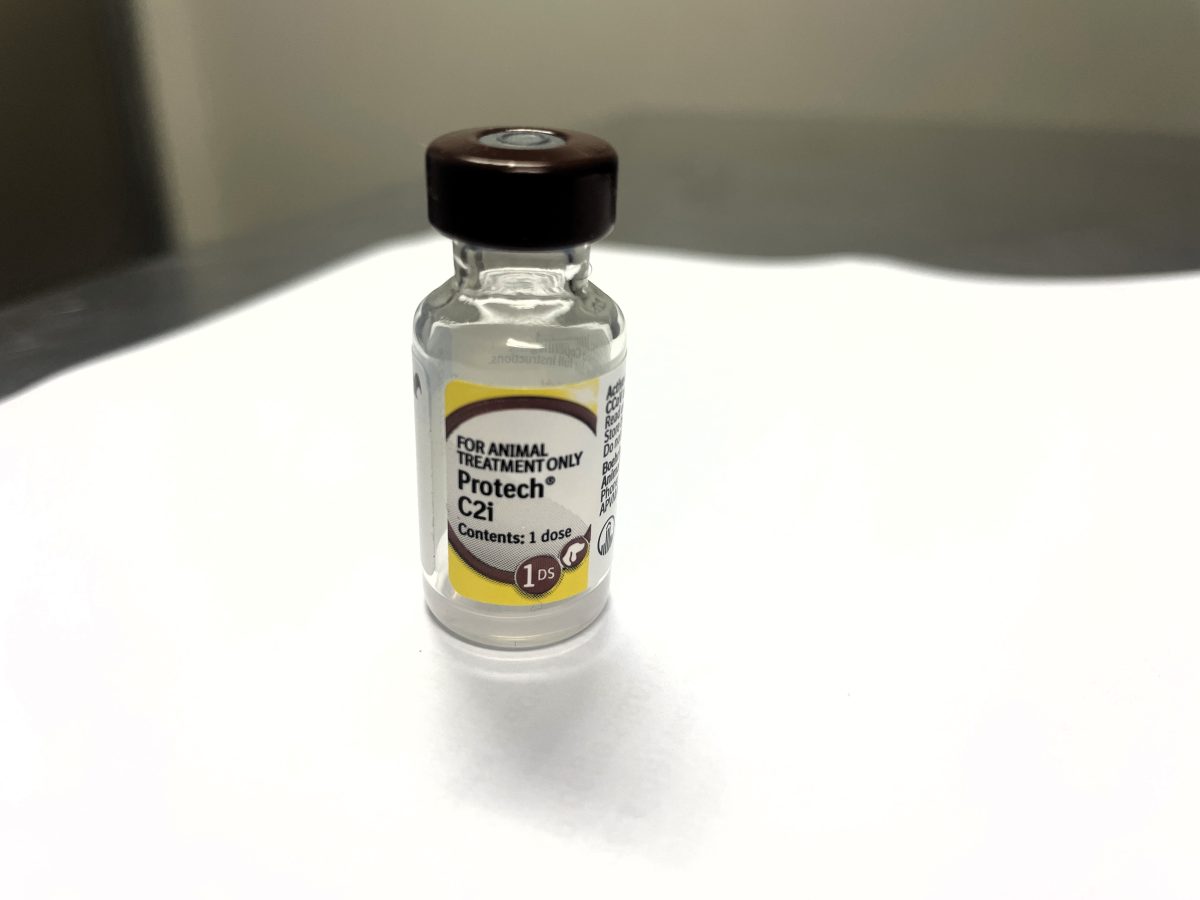
Vaccine supply for leptospirosis has been limited for more than a year.
But with traces in the community, pet owners are being told to be on alert and call their vet if there are any signs that their pet is unwell.
“The signs of lepto are quite non-specific, your pet is going to feel unwell, it mightn’t want to eat, it may not want to drink, may not want to do its normal things and could be quite flat.”
“The quicker we get to the diagnosis the better the success rate of the treatment because they go into renal failure and if we don’t manage that in the beginning there’s the risk that we won’t be able to get them back.”
Dr Calleja said making your home environment less attractive to vermin can also help prevent your pets from coming into contact with the disease.
“Don’t leave food bowls out with food in them,” he said. “Any water containers, particularly outside, if there are mice or rats it might be worthwhile taking them away of a night time because that’s when they’re most active.”
And it’s not just pets that are at risk.
“It’s called a zoonotic disease, which means it can pass from animals to people,” Dr Calleja said. “If your dog has leptospirosis and you continue to have that animal in your house it’s a risk to you.”
He urged anyone with concerns or questions about whether their pet is vaccinated to contact their local vet.









